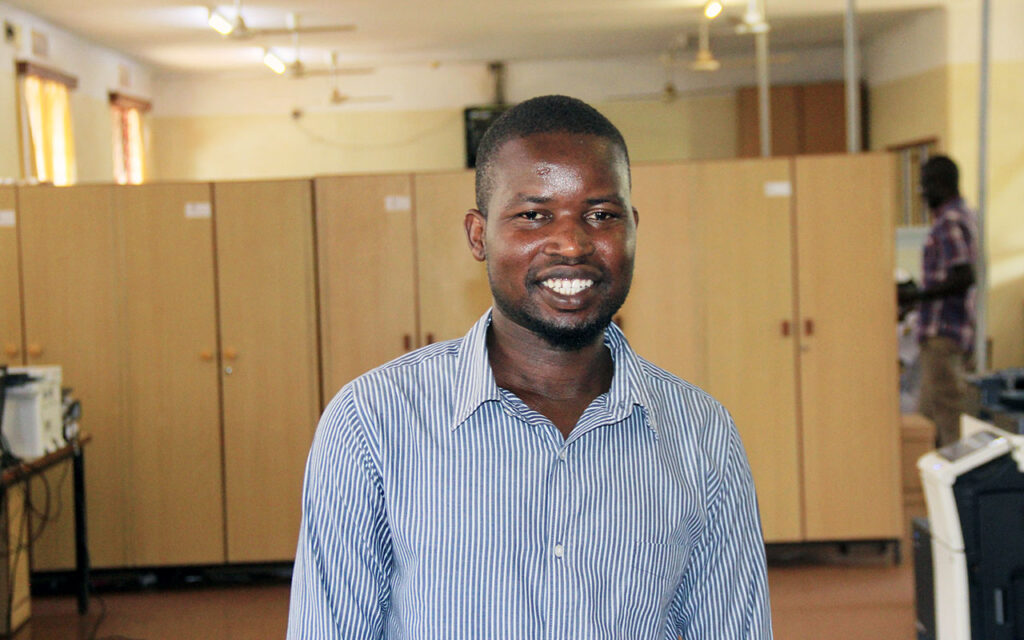Only a carrier?
In ‘“You’re only a carrier” – women and the language of haemophilia’, Steve Chaplin and Kate Khair trace how doctors and scientists throughout history have attempted to understand women with haemophilia, often dismissing or ignoring the experiences of women. These attitudes have created the idea that women are unaffected by haemophilia and have resulted in what Steve and Kate call a ‘culture of sexism that has permeated the management of bleeding disorders for decades’. Indeed, as the authors note, ‘men with haemophilia pass the variant on to their daughters but they are never labelled a carrier’!
The impact of a word
Steve and Kate argue that the dismissive language of ‘carrier’ is no longer appropriate or acceptable as a way of referring to women with haemophilia in the context of delivering care. Language shapes the care that women with haemophilia receive. Drawing on other scientific studies they show how women have experienced dismissive behaviour from healthcare professionals who downplay their concerns, symptoms, and requests for haemophilia care, as they were ‘just carriers’. Other studies show that the language of being a ‘carrier’ results in delays to diagnoses, obstacles to accessing care, lack of awareness amongst healthcare professionals, and stigma. Steve and Kate also explain how the term ‘carrier’ can provoke feelings of guilt amongst women, misattributing a level of ‘responsibility’ for children having haemophilia. This additional emotive burden can have huge consequences on mental health and family planning decisions.
Changing the language of haemophilia
Things are beginning to change though. Steve and Kate acknowledge that the Scientific and Standardization Committee of the International Society on Thrombosis and Haemostasis has proposed changing the way we describe women with haemophilia to recognise their experience as people with a bleeding disorder. These recommendations include that women with haemophilia should be described in a way that corresponds to men with haemophilia: women with mild (FVIII/IX >0.05 to <0.40 IU/ml), moderate (FVIII/IX 0.01–0.05 IU/ml) or severe haemophilia (FVIII/IX <0.01 IU/ml). This is a positive move. However, for women with a factor level above 40 IU/ml, the ISTH’s SSC has proposed the labels of either ‘symptomatic haemophilia carrier’ or ‘asymptomatic haemophilia carrier’.
Steve and Kate argue that, as positive as this appears, it could also be seen to fail at the final hurdle.The ISTH recognises that the ‘carrier’ label has caused problems – but doesn’t quite reject it altogether. Whilst there may be valid scientific reasons for retaining the word ‘carrier’ in certain circumstances, its continued use risks creating confusion and further marginalising the experiences of women with haemophilia.
Attitudes are changing. Researchers are increasingly interested in the experiences of women with haemophilia (for example, see Simon Fletcher’s article ‘“I didn’t know women could have haemophilia”: A qualitative case study‘, also published in The Journal of Haemophilia Practice). The ISTH’s new ways of defining haemophilia in women is a welcome start, and hopefully will filter through into the language and guidelines of other organisations. It will also hopefully start new conversations about language and pave the way for more equitable and inclusive care within the haemophilia community.
Further reading
Khair K, Chaplin S. “You’re only a carrier” – women and the language of haemophilia. J Haem Pract 2021; 8(1): 128-132. doi: 10.2478/jhp-2021-0015.
van Galen KPM, d’Oiron R, James P, et al. A new haemophilia carrier nomenclature to define hemophilia in women and girls: Communication from the SSC of the ISTH. J Thromb Haemost 2021; 19(8): 1883-188. doi: 10.1111/jth.15397.
Fletcher S. “I didn’t know women could have haemophilia” – a qualitative case study. J Haem Pract 2022; 9(1): 85-95. doi: 10.2478/jhp-2022-0011.
About the author
Rich Gorman lives with severe haemophilia A. He works as a researcher at Brighton and Sussex Medical School.
Image: Shutterstock/melitas


